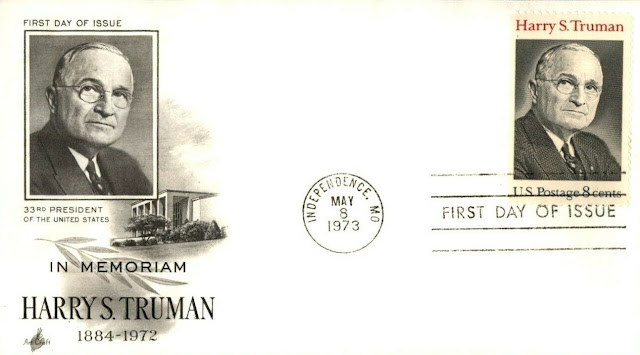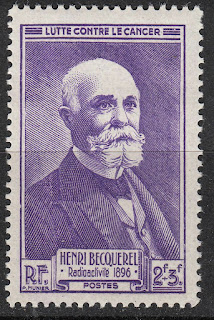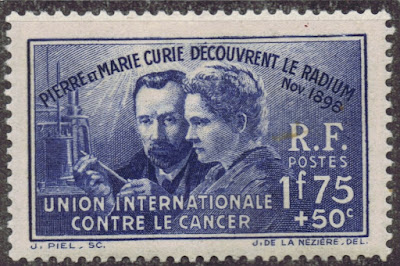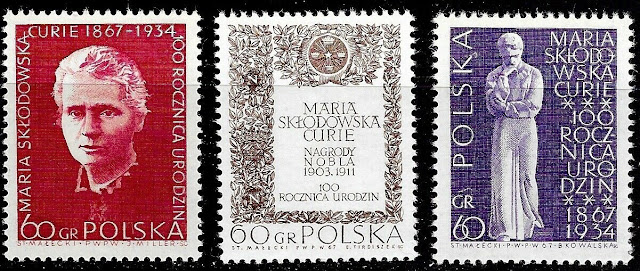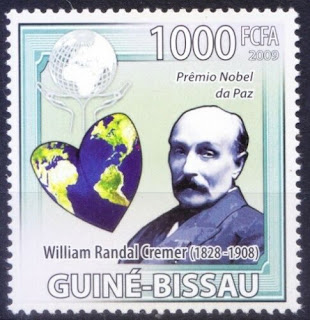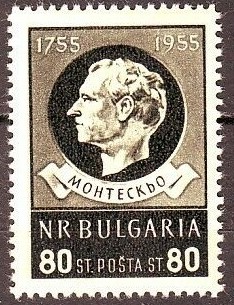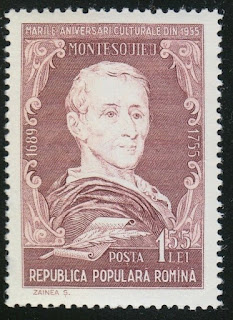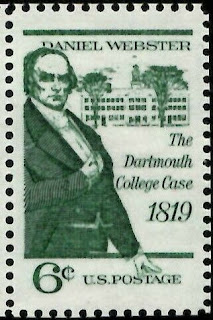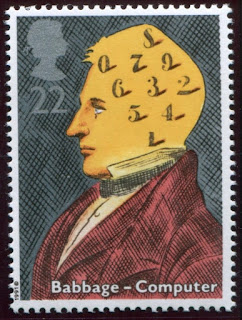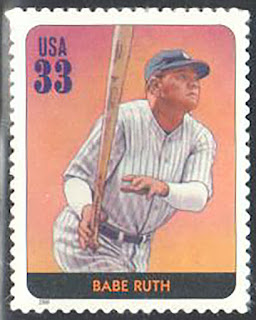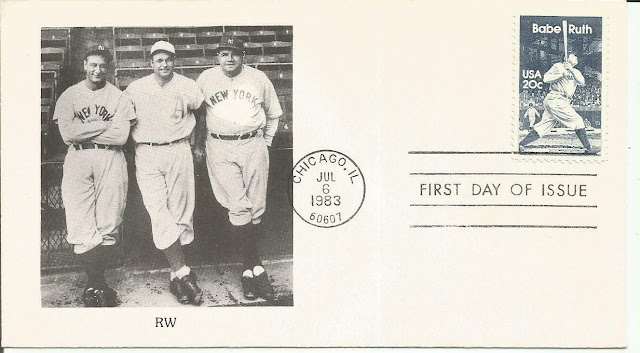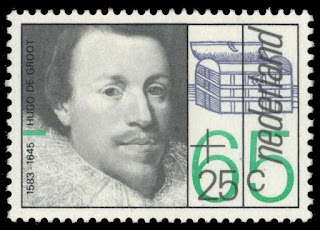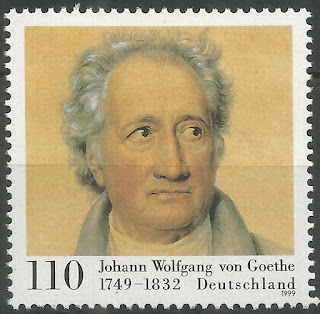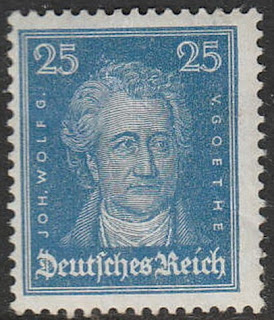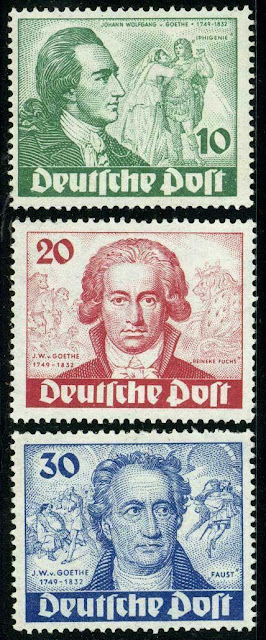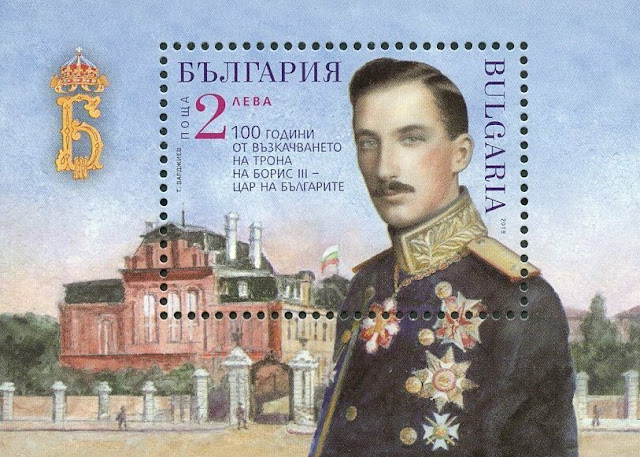Here are some events that happened on December 26th. It could be an event or a person that died or was born on that day
1791 Born: Charles Babbage, English mathematician and engineer, invented the Difference engine (d. 1871)
Charles Babbage (26 December 1791 – 18 October 1871) was an English polymath. A mathematician, philosopher, inventor and mechanical engineer, Babbage originated the concept of a digital programmable computer.
Considered by some to be "father of the computer", Babbage is credited with inventing the first mechanical computer that eventually led to more complex electronic designs, though all the essential ideas of modern computers are to be found in Babbage's Analytical Engine. His varied work in other fields has led him to be described as "pre-eminent" among the many polymaths of his century.
Parts of Babbage's incomplete mechanisms are on display in the Science Museum in London. In 1991, a functioning difference engine was constructed from Babbage's original plans. Built to tolerances achievable in the 19th century, the success of the finished engine indicated that Babbage's machine would have worked.
Stamps from Great Britain commemorating Babbage
1893 Born: Mao Zedong, Chinese politician, Chairman of the Communist Party of China (d. 1976)
Mao Zedong (December 26, 1893 – September 9, 1976), also known as Chairman Mao, was a Chinese communist revolutionary who became the founding father of the People's Republic of China (PRC), which he ruled as the Chairman of the Communist Party of China from its establishment in 1949 until his death in 1976. Ideologically a Marxist–Leninist, his theories, military strategies, and political policies are collectively known as Maoism.
A controversial figure, Mao is regarded as one of the most important and influential individuals in modern world history. He is also known as a political intellect, theorist, military strategist, poet, and visionary. Supporters credit him with driving imperialism out of China, modernizing the nation and building it into a world power, promoting the status of women, improving education and health care, as well as increasing life expectancy as China's population grew from around 550 million to over 900 million under his leadership. Conversely, his regime has been called autocratic and totalitarian, and condemned for bringing about mass repression and destroying religious and cultural artifacts and sites. It was additionally responsible for vast numbers of deaths with estimates ranging from 30 to 70 million victims through starvation, prison labor and mass executions
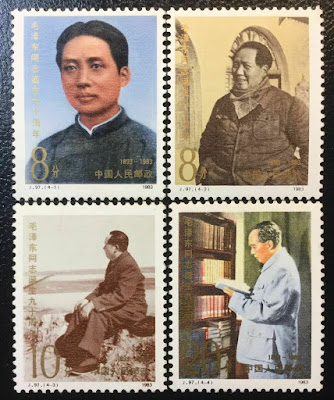



1898 – Marie and Pierre Curie announce the isolation of radium.
Pierre Curie (15 May 1859 – 19 April 1906) was a French physicist, a pioneer in crystallography, magnetism, piezoelectricity, and radioactivity. In 1903, he received the Nobel Prize in Physics with his wife, Marie Skłodowska-Curie, and Henri Becquerel, "in recognition of the extraordinary services they have rendered by their joint researches on the radiation phenomena discovered by Professor Henri Becquerel".
French stamp depicting Pierre and Marie Curie
Bulgarian stamp depicting Pierre Curie

Marie Skłodowska Curie(born Maria Salomea Skłodowska; 7 November 1867 – 4 July 1934) was a Polish and naturalized-French physicist and chemist who conducted pioneering research on radioactivity. She was the first woman to win a Nobel Prize, is the only woman to win the Nobel prize twice, and is the only person to win the Nobel Prize in two different scientific fields. She was part of the Curie family legacy of five Nobel Prizes. She was also the first woman to become a professor at the University of Paris, and in 1995 became the first woman to be entombed on her own merits in the Panthéon in Paris.
She was born in Warsaw, in what was then the Kingdom of Poland, part of the Russian Empire. She studied at Warsaw's clandestine Flying University and began her practical scientific training in Warsaw. In 1891, aged 24, she followed her older sister Bronisława to study in Paris, where she earned her higher degrees and conducted her subsequent scientific work. She shared the 1903 Nobel Prize in Physics with her husband Pierre Curie and physicist Henri Becquerel. She won the 1911 Nobel Prize in Chemistry.
Her achievements included the development of the theory of radioactivity (a term she coined), techniques for isolating radioactive isotopes, and the discovery of two elements, polonium and radium. Under her direction, the world's first studies were conducted into the treatment of neoplasms using radioactive isotopes. She founded the Curie Institutes in Paris and in Warsaw, which remain major centres of medical research today. During World War I she developed mobile radiography units to provide X-ray services to field hospitals.
While a French citizen, Marie Skłodowska Curie, who used both surnames, never lost her sense of Polish identity. She taught her daughters the Polish language and took them on visits to Poland. She named the first chemical element she discovered polonium, after her native country.
Marie Curie died in 1934, aged 66, at a sanatorium in Sancellemoz (Haute-Savoie), France, of aplastic anemia from exposure to radiation in the course of her scientific research and in the course of her radiological work at field hospitals during World War I
Stamps from Monaco, France and Poland depicting Marie Curie
1919 – Babe Ruth of the Boston Red Sox is sold to the New York Yankees by owner Harry Frazee, allegedly establishing the Curse of the Bambino superstition.
George Herman "Babe" Ruth Jr. (February 6, 1895 – August 16, 1948) was an American professional baseball player whose career in Major League Baseball (MLB) spanned 22 seasons, from 1914 through 1935. Nicknamed "The Bambino" and "The Sultan of Swat", he began his MLB career as a star left-handed pitcher for the Boston Red Sox, but achieved his greatest fame as a slugging outfielder for the New York Yankees. Ruth established many MLB batting (and some pitching) records, including career home runs (714), runs batted in (RBIs) (2,213), bases on balls (2,062), slugging percentage (.690), and on-base plus slugging (OPS) (1.164); the last two still stand as of 2019. Ruth is regarded as one of the greatest sports heroes in American culture and is considered by many to be the greatest baseball player of all time. In 1936, Ruth was elected into the Baseball Hall of Fame as one of its "first five" inaugural members.
At age seven, Ruth was sent to St. Mary's Industrial School for Boys, a reformatory where he was mentored by Brother Matthias Boutlier of the Xaverian Brothers, the school's disciplinarian and a capable baseball player. In 1914, Ruth was signed to play minor-league baseball for the Baltimore Orioles but was soon sold to the Red Sox. By 1916, he had built a reputation as an outstanding pitcher who sometimes hit long home runs, a feat unusual for any player in the pre-1920 dead-ball era. Although Ruth twice won 23 games in a season as a pitcher and was a member of three World Series championship teams with the Red Sox, he wanted to play every day and was allowed to convert to an outfielder. With regular playing time, he broke the MLB single-season home run record in 1919.

After that season, Red Sox owner Harry Frazee sold Ruth to the Yankees amid controversy. The trade fueled Boston's subsequent 86-year championship drought and popularized the "Curse of the Bambino" superstition. In his 15 years with the Yankees, Ruth helped the team win seven American League (AL) pennants and four World Series championships. His big swing led to escalating home run totals that not only drew fans to the ballpark and boosted the sport's popularity but also helped usher in baseball's live-ball era, which evolved from a low-scoring game of strategy to a sport where the home run was a major factor. As part of the Yankees' vaunted "Murderers' Row" lineup of 1927, Ruth hit 60 home runs, which extended his MLB single-season record by a single home run. Ruth's last season with the Yankees was 1934; he retired from the game the following year, after a short stint with the Boston Braves. During his career, Ruth led the AL in home runs during a season 12 times.

During Ruth's career, he was the target of intense press and public attention for his baseball exploits and off-field penchants for drinking and womanizing. After his retirement as a player, he was denied the opportunity to manage a major league club, most likely due to poor behavior during parts of his playing career. In his final years, Ruth made many public appearances, especially in support of American efforts in World War II. In 1946, he became ill with nasopharyngeal cancer and died from the disease two years later. Ruth remains a part of American culture, and in 2018 President Donald Trump posthumously awarded him the Presidential Medal of Freedom.
1941 – U.S. President Franklin D. Roosevelt signs a bill establishing the fourth Thursday in November as Thanksgiving Day in the United States.
Thanksgiving is a federal holiday in the United States, celebrated on the fourth Thursday of November. It is sometimes called American Thanksgiving (outside the United States) to distinguish it from the Canadian holiday of the same name. It originated as a harvest festival, and to this day the centerpiece of Thanksgiving celebrations remains Thanksgiving dinner. The dinner traditionally consists of foods and dishes indigenous to the Americas, namely turkey, potatoes (usually mashed), stuffing, squash, corn (maize), green beans, cranberries (typically in sauce form), and pumpkin pie. Thanksgiving is regarded as being the beginning of the fall–winter holiday season, along with Christmas and the New Year, in American culture.
The event that Americans commonly call the "First Thanksgiving" was celebrated by the Pilgrims after their first harvest in the New World in October 1621. This feast lasted three days, and—as recounted by attendee Edward Winslow—was attended by 90 Native Americans and 53 Pilgrims. The New England colonists were accustomed to regularly celebrating "thanksgivings," days of prayer thanking God for blessings such as military victory or the end of a drought. Thanksgiving has been celebrated nationally on and off since 1789, with a proclamation by President George Washington after a request by Congress. President Thomas Jefferson chose not to observe the holiday, and its celebration was intermittent until President Abraham Lincoln, in 1863, proclaimed a national day of "Thanksgiving and Praise to our beneficent Father who dwelleth in the Heavens", to be celebrated on the last Thursday in November. On June 28, 1870, President Ulysses S. Grant signed into law the Holidays Act that made Thanksgiving a yearly appointed federal holiday in Washington D.C. On January 6, 1885, an act by Congress made Thanksgiving, and other federal holidays, a paid holiday for all federal workers throughout the United States. Under President Franklin D. Roosevelt, the date was changed between 1939 and 1941 amid significant controversy. From 1942 onwards, Thanksgiving, by an act of Congress, signed into law by FDR, received a permanent observation date, the fourth Thursday in November, no longer at the discretion of the President.
US Stamps depicting Macy's Thanksgiving Day New York City Parade
1972 Died: Harry S. Truman, American colonel and politician, 33rd President of the United States (b. 1884)
Harry S. Truman (May 8, 1884 – December 26, 1972) was the 33rd president of the United States from 1945 to 1953, succeeding upon the death of Franklin D. Roosevelt after serving as vice president. He implemented the Marshall Plan to rebuild the economy of Western Europe, and established the Truman Doctrine and NATO.
Truman grew up in Independence, Missouri, and during World War I was sent to France as a captain in the Field Artillery. Returning home, he opened a haberdashery in Kansas City, Missouri and was later elected as a Jackson County official in 1922. Truman was elected to the United States Senate from Missouri in 1934 and gained national prominence as chairman of the Truman Committee aimed at reducing waste and inefficiency in wartime contracts. Soon after succeeding to the presidency he authorized the first and only use of nuclear weapons in war. Truman's administration engaged in an internationalist foreign policy and renounced isolationism. He rallied his New Deal coalition during the 1948 presidential election and won a surprise victory that secured his own presidential term.
Truman oversaw the Berlin Airlift of 1948. When North Korea invaded South Korea in 1950, he gained United Nations approval to intervene in what became known as the Korean War. On domestic issues, bills endorsed by Truman faced opposition from a conservative Congress, but his administration successfully guided the U.S. economy through the post-war economic challenges. In 1948 he submitted the first comprehensive civil rights legislation and issued Executive Orders to start racial integration in the military and federal agencies.
Corruption in the Truman administration became a central campaign issue in the 1952 presidential election. After Republican Dwight D. Eisenhower's electoral victory against Democrat Adlai Stevenson II, Truman went into a financially-difficult retirement, marked by the founding of his presidential library and the publication of his memoirs. When he left office, Truman's presidency was criticized, but scholars rehabilitated his image in the 1960s and he is highly ranked by scholars.
US stamps depicting Truman
